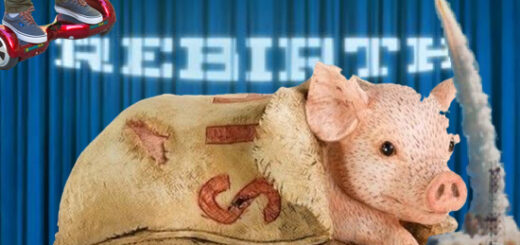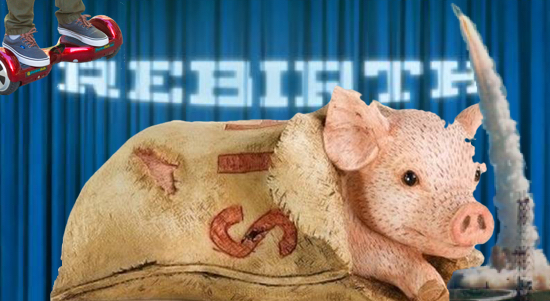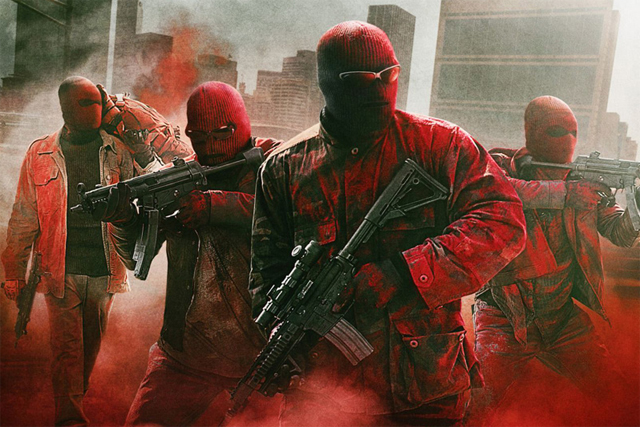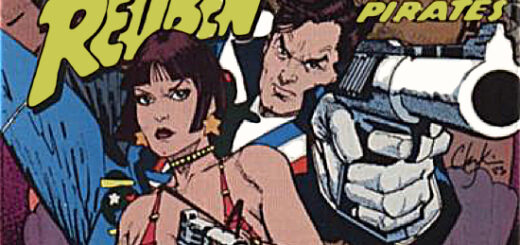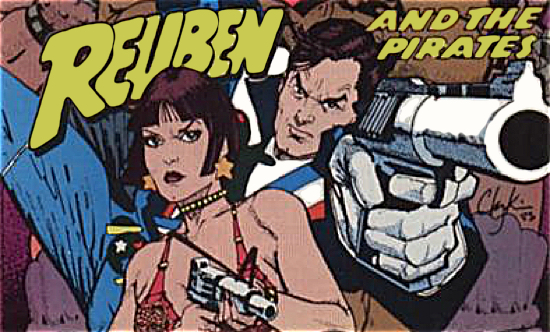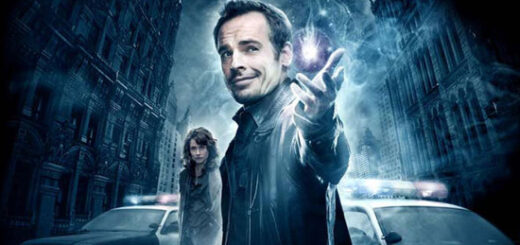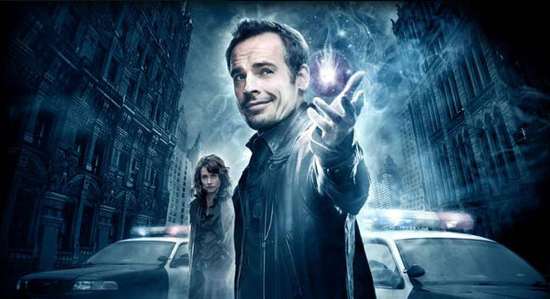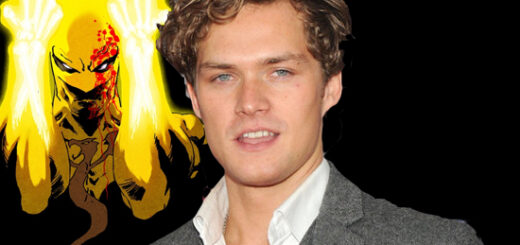Martha Thomases: Salaam Reads
It’s been brought to my attention that I can be something of a downer in these columns. Therefore, I am thrilled and delighted to be able to report on some good news this week.
Book sales are up. In bookstores.
Just a few years ago, the debut of e-books and the success of Amazon were supposed to doom the book business, especially at the retail level. That hasn’t happened, and, in fact, e-book sales have leveled off.
Personally, I’ve never considered e-books to be either morally superior or inferior to hard copy books. I like to read, and I’ve liked to read in every format I’ve come across. I love my Kindle because it’s easy to take an entire library with me when I travel, and because I like lots of pop fiction that I don’t need to display on my bookshelves. I love physical books, too, especially if they are signed, or if they have lots of illustrations. I have some of the storybooks my mother read when she was a girl. I doubt my grandchildren will want to access my (then outdated) Kindle menu.
It may be that book sales are up because all the poorly run bookstores went out of business, leaving only the ones who know how to sell books. It may be that, recently, there have been more books published that customers want to own.
Or it may be that the people who market books know how to reach out to new book buyers in a way that suggests how we can further expand the audience for comics.
To be clear, graphic novels remain a growth sector in the book business. However, the very fact that booksellers embraced a new product category like graphic novels early in this century shows how open the business is to new ideas.
Here’s another way that the book business is nimble: They welcome customers who might be turned away elsewhere, especially in today’s political climate. Simon & Schuster just backed a line of children’s books about being Muslim because one of their editors noticed she had nothing to read to her nieces and nephews that reflected their experience. I’m a Jewish adult, and I want to read all the books described in the link. I wish I’d been able to read them as a child.
The book business is different from the comic book business because it does not rely on its customers to return every week for new product. There are some rabid fan groups (such as those who read four or five romance novels a week), but there are not, to my knowledge, any bookstores dedicated to romance fiction. I do know that there are certain specialties (for example: mystery, science fiction, travel, cooking) but none rely on customers who must have first printings, or mint condition. These stores exist for the reader, not the collector.
Obviously, antiquarian bookstores are different.
In the last decade or so, we’ve seen more comic book stores that resemble bookstores, even as more bookstores stock graphic novels. We can get more stories in more places in more formats.
Life is good.








